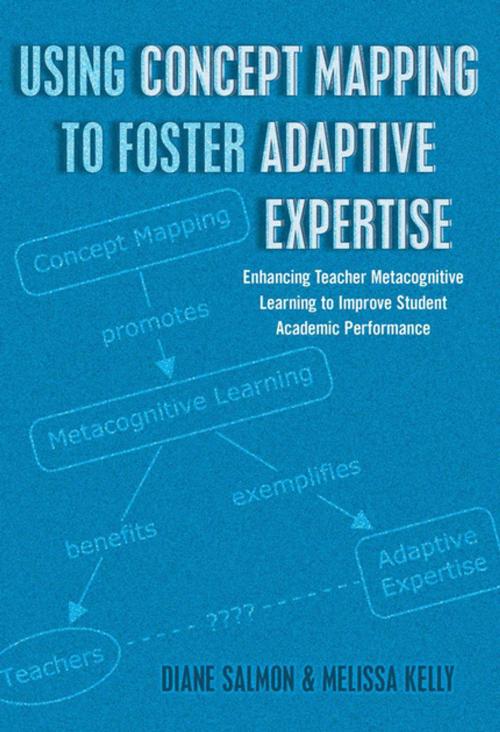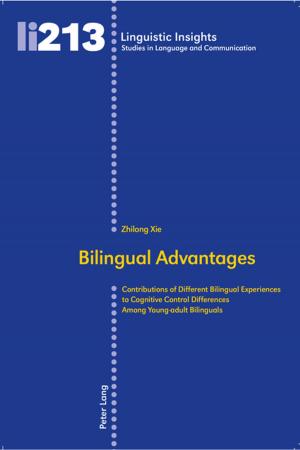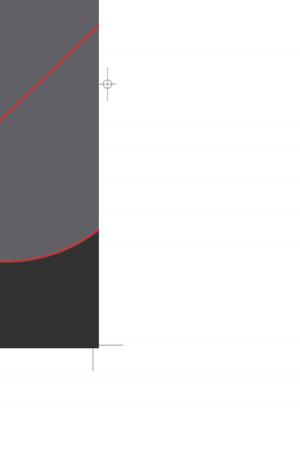Using Concept Mapping to Foster Adaptive Expertise
Enhancing Teacher Metacognitive Learning to Improve Student Academic Performance
Nonfiction, Reference & Language, Education & Teaching, Special Education, Experimental Methods, Educational Theory, Adult & Continuing Education| Author: | Melissa Kelly, Diane Salmon | ISBN: | 9781454198789 |
| Publisher: | Peter Lang | Publication: | January 1, 2014 |
| Imprint: | Peter Lang Inc., International Academic Publishers | Language: | English |
| Author: | Melissa Kelly, Diane Salmon |
| ISBN: | 9781454198789 |
| Publisher: | Peter Lang |
| Publication: | January 1, 2014 |
| Imprint: | Peter Lang Inc., International Academic Publishers |
| Language: | English |
Concept mapping is a powerful means to promote metacognitive learning in students and teachers alike. When teachers integrate concept mapping into their instructional planning, they clarify the big ideas, expose new conceptual relationships, and refine learning goals for their students. Salmon and Kelly provide a research-based framework and corresponding strategies to help teachers develop, critique, and revise their concept maps. In using this approach, teachers refine knowledge for teaching in order to expand their adaptive expertise and ultimately improve the academic performances of their students. Teacher candidates at both the undergraduate and graduate level can use this book to support their professional learning and planning for teaching. Teacher educators will find this text appropriate for courses that address learning, cognition, and instructional planning. In-service professionals can use the approach described here to support their own professional development through their practice. Administrators and coaches will find the volume a useful tool in fostering a professional learning community in their schools.
Concept mapping is a powerful means to promote metacognitive learning in students and teachers alike. When teachers integrate concept mapping into their instructional planning, they clarify the big ideas, expose new conceptual relationships, and refine learning goals for their students. Salmon and Kelly provide a research-based framework and corresponding strategies to help teachers develop, critique, and revise their concept maps. In using this approach, teachers refine knowledge for teaching in order to expand their adaptive expertise and ultimately improve the academic performances of their students. Teacher candidates at both the undergraduate and graduate level can use this book to support their professional learning and planning for teaching. Teacher educators will find this text appropriate for courses that address learning, cognition, and instructional planning. In-service professionals can use the approach described here to support their own professional development through their practice. Administrators and coaches will find the volume a useful tool in fostering a professional learning community in their schools.















